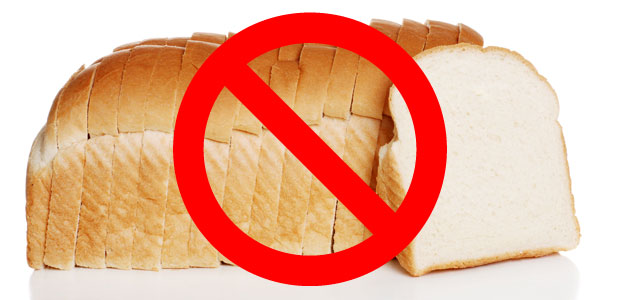Advertisement
Take the Whole Food Challenge
What we put in our bodies affects our health

When Hippocrates declared, “Let food be thy medicine and medicine be thy food,” chances are he wasn’t talking about McDonalds.
What the ancient philosopher knew thousands of years ago—and what modern nutritionists are recognizing today—is that what we put in our bodies has a powerful effect on health.
Whole foods are key
Feed your physical machine with sugar, processed carbohydrates, pop, chips, and fatty snacks and illness will result sooner or later. Supply your body with all the raw elements it needs, on the other hand, and you will feel fantastic, your immunity will stay strong, and disease-free longevity is possible.
In contrast to processed foods, whole foods are those that have retained the nutritional value that nature intended. Fruits, vegetables, whole grains, nutritious grasses, sea vegetables, and unprocessed fats and oils are whole foods. They have not been stripped of their essential nutrients, fats, or fibres like many snacks.
White bread whitewash
Take the case of white bread. White bread has little if any nutritional value unless nutrients have been selectively added back. Its empty calories send blood sugar spiking then crashing as the body processes it swiftly as a simple carbohydrate. Given enough white bread and enough time, one’s health suffers.
Whole grain bread, in contrast, has not been stripped of its nutritious fibre, so it is digested as a complex carbohydrate. The digestive system loves its cleansing effect and so does the heart. Among other benefits, increased fibre lowers risk factors for cardiovascular disease including C-reactive protein (an inflammation marker), bad LDL cholesterol, high blood pressure, and fasting blood sugar (glucose) levels.
More whole food benefits
More and more research illustrates the power of whole foods in disease prevention and treatment. One recent study found that higher odds of depression is linked to a processed diet heavily loaded with sweetened deserts, fried foods, processed meats, and refined grains. A whole foods diet dominated by vegetables, fruits, and fish reduces those odds, highlighting the impact of diet on mood.
Whole food nutrition can also be captured in supplement form. Chlorella, a sea algae, was recently found to increase antioxidant levels in smokers, leading the authors to conclude, “our results indicate that chlorella is an important whole-food supplement that should be included as a key component of a healthy diet.”
Support your mind, body, and spirit by supplying it with superior whole foods and supplements that Hippocrates would approve of.





